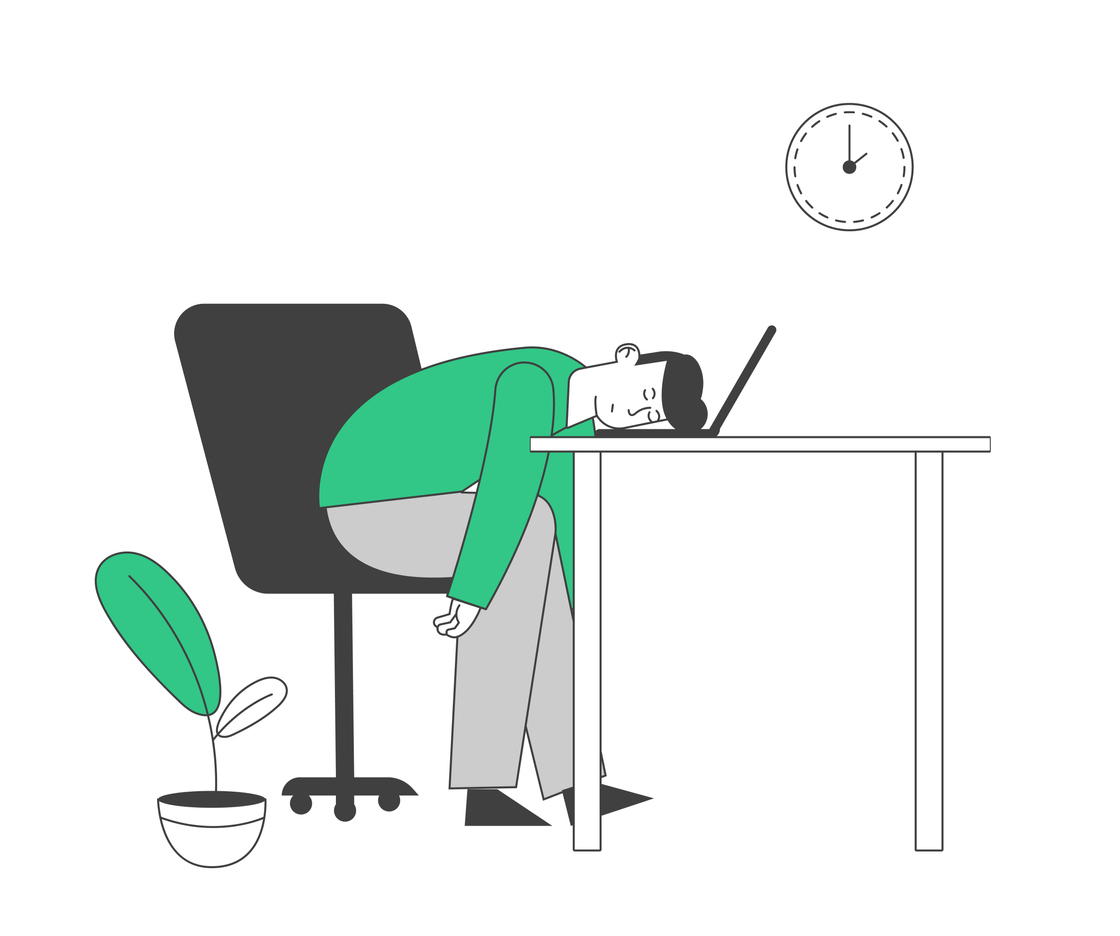How to Alleviate Burnout
More lawyers and legal professionals are getting comfortable sharing their personal struggles with mental health. Their perspectives are raising awareness of the challenges facing the profession.
Yet burnout remains an issue, and the stress and demands of the legal profession continue taking a toll on individuals’ well-being. As a recent Law.com piece emphasized, burnout is often misunderstood as an individual unable to manage stress.
The reality is that burnout has underlying causes that organizations need to address. Below are six causes of burnout and how legal leaders can help address them.
- Unmanageable workloads are the equivalent of treading water with the feeling that any moment, you could sink. It’s more than a heavy workload, where you still derive a sense of importance from your work and feel busy but able to achieve your goals.
- Lack of recognition includes receiving little to no positive feedback and wishing for a seat at the table where your expertise is better used.
- Lack of community means not feeling a sense of belonging and missing support from leaders and team members.
- Unfairness happens when leaders display favoritism, make decisions arbitrarily, hold closed-door meetings and don’t inform others about decisions, and don’t provide clarity on work roles or assignments.
- Values disconnect is when your values about work don’t match what your organization finds important and values about work.
- Lack of autonomy occurs when you don’t have a say in your day-to-day tasks or how and where your work tasks are performed.
Addressing these complex issues starts with leaders fostering a culture that prioritizes resilience, thriving and engagement. These three starting points can help you build that environment:
Offer “sticky recognition.” Instead of simply telling a colleague thanks, take a few moments to jot down the specifics of how an individual helped you. For example, “Your work on the brief was helpful. The way you structured the first page outlined our position clearly, and it helped me have a good conversation with our board of directors.” Sharing positive feedback helps individuals feel seen and valued. It’s motivating to have a sense for how your work makes an impact.
Hold debriefs. Debriefs that formally review an event or project can be effective in just 15 minutes. They foster higher levels of trust and lower levels of burnout by giving individuals a sense of control — i.e., knowing what’s expected of them and what they need to do. It’s a useful exercise to consider what went well and what to do differently next time.
Practice TNTs. “Tiny noticeable things” are small actions that can make a big impact on reducing burnout. For example, conduct efficient meetings that include agendas and easy-to-understand supporting materials. Another TNT is showing kindness. Simply ask colleagues how they are doing and show an interest in their families and hobbies.
Choose one of these tactics to implement this week and see what a difference it makes.

